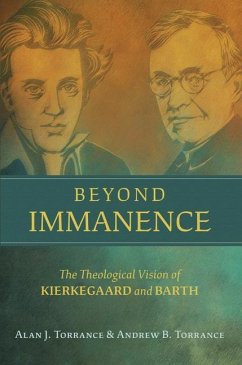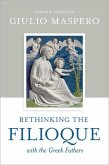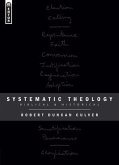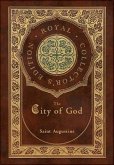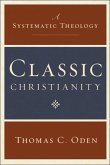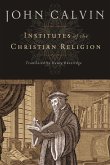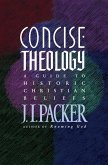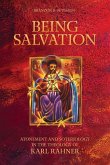"Critical insights into Kierkegaard's influence on Barth's theology. Karl Barth was often critical of S²ren Kierkegaard's ideas as he understood them. But close reading of the two corpora reveals that Barth owes a lot to the melancholy Dane. Both conceive of God as infinitely qualitatively different from humans, and both emphasize the shocking nearness of God in the incarnation. As public intellectuals, they used this theological vision to protect Christocentric faith from political manipulation and compromise. For Kierkegaard, this meant criticizing the state church; for Barth, this entailed resisting Nazism. Meticulously crafted by a father-son team of renowned systematic theologians, Beyond Immanence demonstrates that Kierkegaard and Barth share a theological trajectory-one that resists cynical manipulation of Christianity for political purposes in favor of uncompromising devotion to a God who is radically transcendent yet established kinship with humanity in time"--

